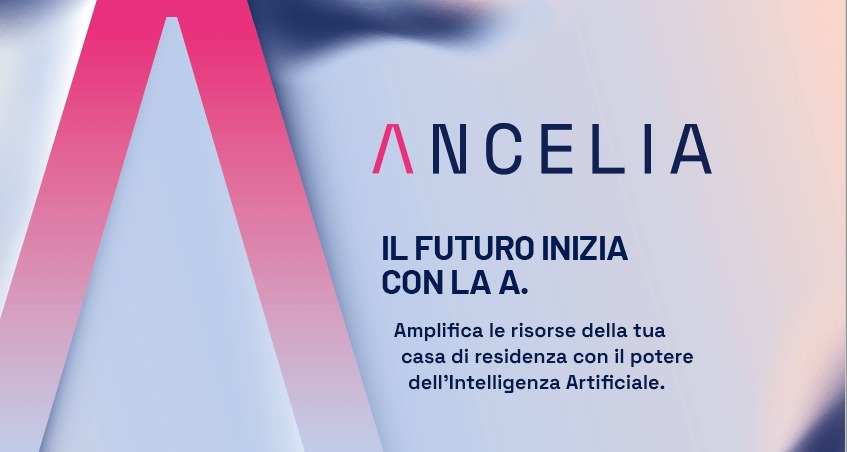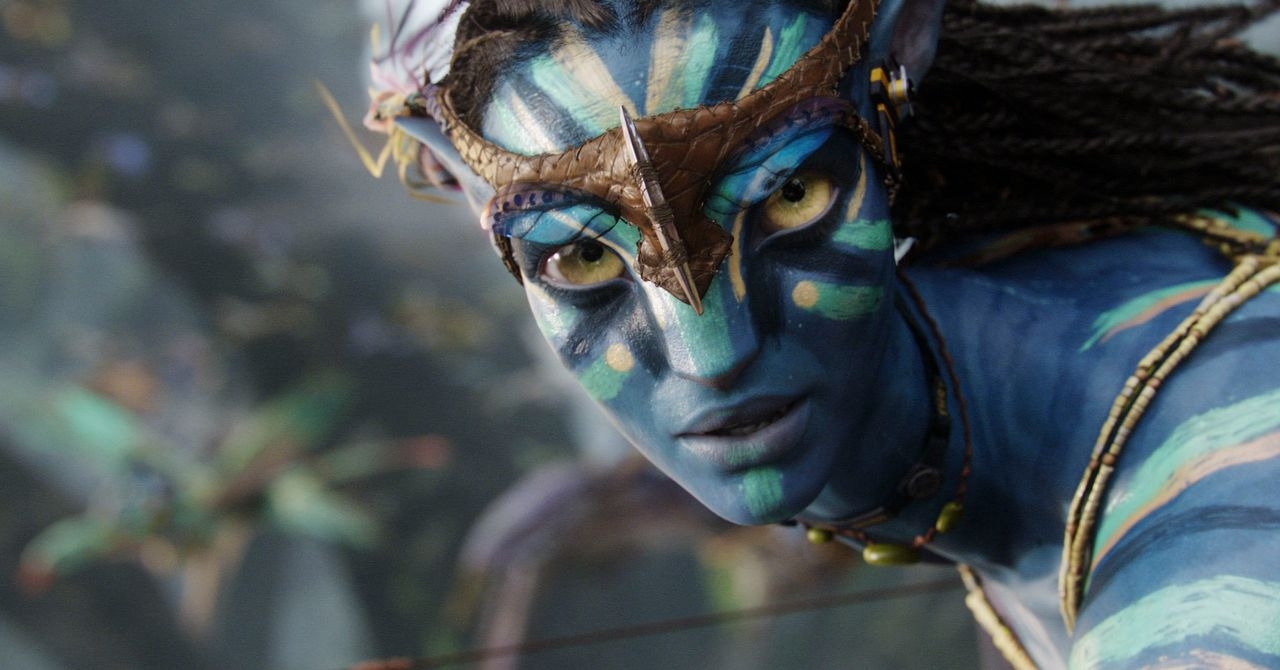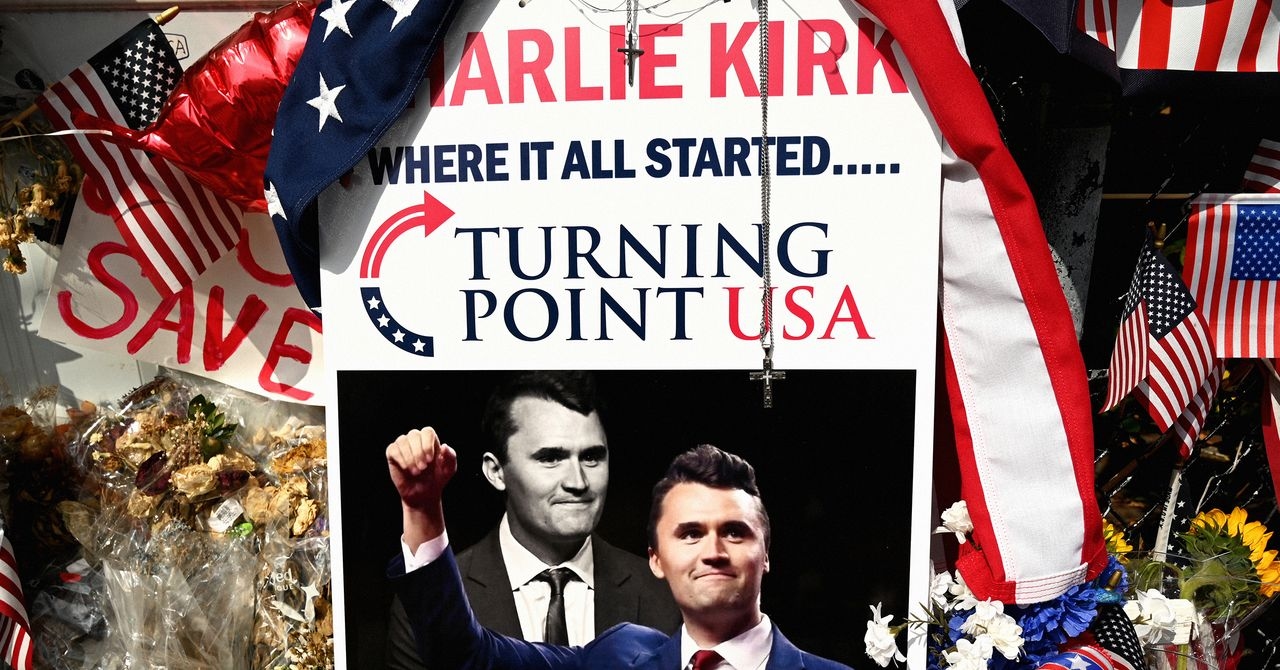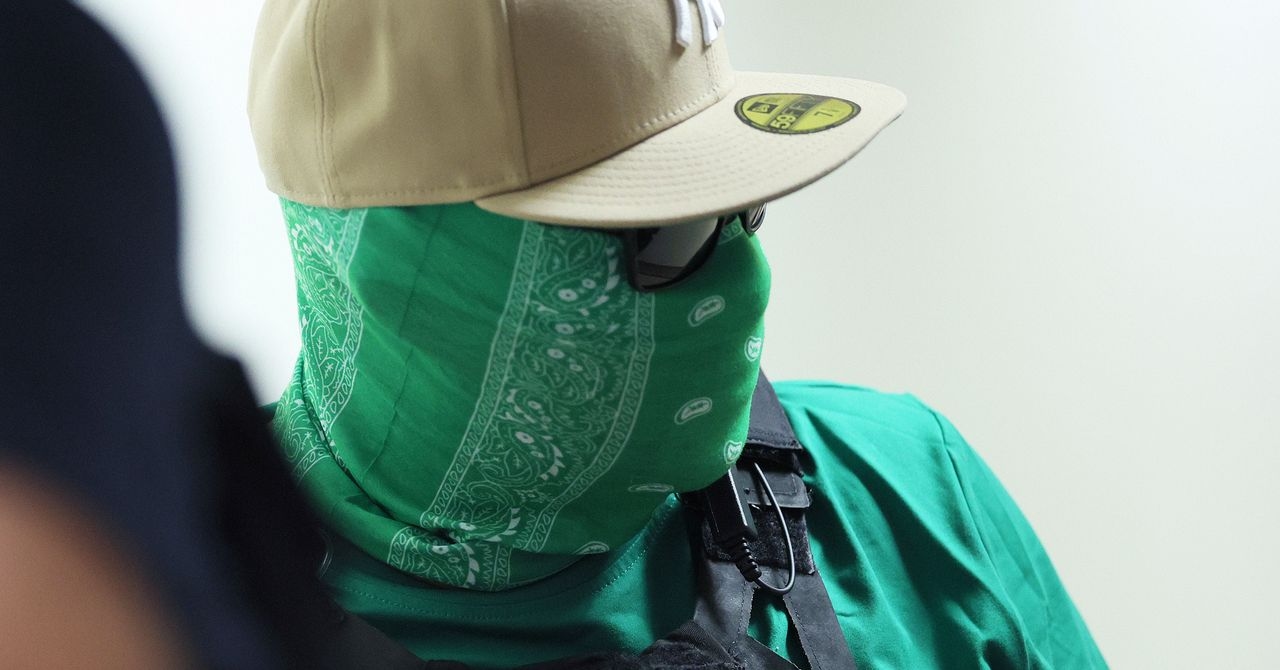AI and Copyright: Getty Loses Landmark Case Against Stability AI

Getty Images , the global stock photography giant, has just lost its most ambitious lawsuit yet against artificial intelligence.
Before the UK High Court, the company had accused Stability AI , creator of the generative model Stable Diffusion , of using millions of its copyrighted photos to train the system without any license. Getty hoped for a symbolic and legal victory that would draw a clear line between human and machine work.
The battle over image copyrightThe legal battle, which lasted nearly two years, ended in a partial but significant defeat. Getty had already withdrawn the central part of the lawsuit—the one alleging direct copyright infringement —because it was unable to prove in which country the Stable Diffusion algorithms had actually been trained.
This is no small detail: if the training had taken place in the United Kingdom, British copyright law would have applied; but if it had taken place elsewhere, such as the United States, where rules on the use of data for AI are more permissive, the infringement would not have been prosecutable.
In the absence of clear evidence on this point, the heart of the case has collapsed.
What the UK High Court has ruledJudge Joanna Smith then rejected the idea that an AI model could be treated as a “copy” of existing works .
“An AI model like Stable Diffusion, which neither preserves nor reproduces copyrighted works (and never has), cannot be considered an ‘infringing copy,’” Judge Smith ruled.
The only point recognized against Getty concerns the trademark : some images generated by Stable Diffusion contained the “Getty” watermark, and the responsibility for this fell on Stability AI, which is a British company known for having created one of the first artificial intelligence models capable of generating realistic images from simple text descriptions.
What is Stability AI?Stability AI rose to fame in 2022 with Stable Diffusion, an open-source project that made neural network-based image generator technology accessible to anyone. Unlike other companies, such as OpenAI or Midjourney, which control their models more tightly, Stability AI chose to make its code and datasets public, contributing to the global diffusion of this technology but also attracting numerous accusations of copyright infringement.
The importance of the verdictThe verdict has weight beyond the two companies. Essentially, the British court said that training an artificial intelligence on huge archives of images does not, in itself, amount to copyright infringement .
It's a decision that leaves the door open for generative models and makes it more difficult for artists and photographers to claim compensation for the use of their work in datasets used by AI.
Essentially, the Court ruled that using copyrighted images to train an AI is not inherently illegal, as long as the system does not produce recognizable or direct copies of those images.
The use of content serves only to teach the model the rules of visual language—colors, shapes, compositions— without preserving or replicating the original files . It's as if the AI were attending art school: it observes millions of works to understand how to draw, but then creates something new. And it is precisely in this ambiguous space, between learning and appropriation, that the real battle over copyright in the age of artificial intelligence is being played out today.
For Getty and those working in the creative industries, this is a bitter defeat . It highlights the difficulty of adapting old copyright laws to a world where machines learn from millions of human works, but never reproduce a single one identically.
For tech companies, however, it's a green light: as long as the training occurs "indirectly" and the result is original, the line of legality remains blurry but passable.
repubblica





